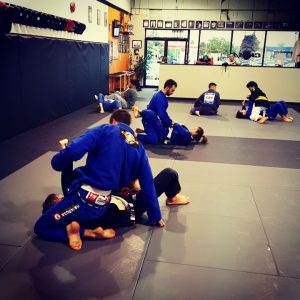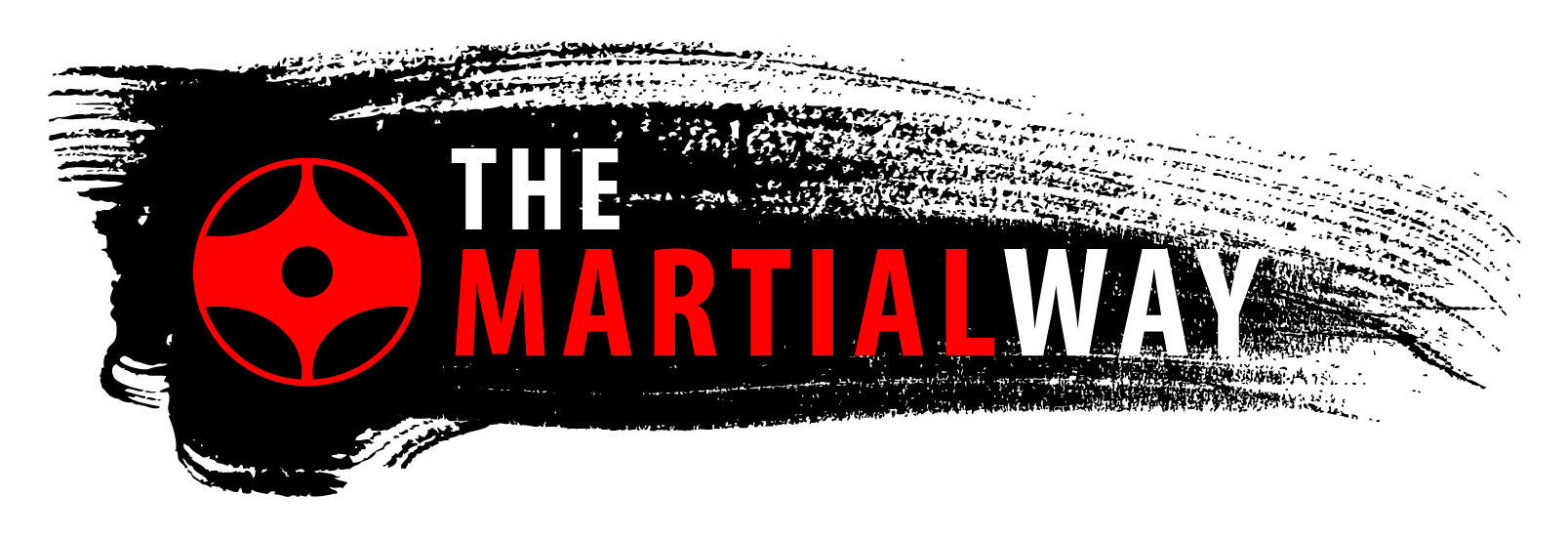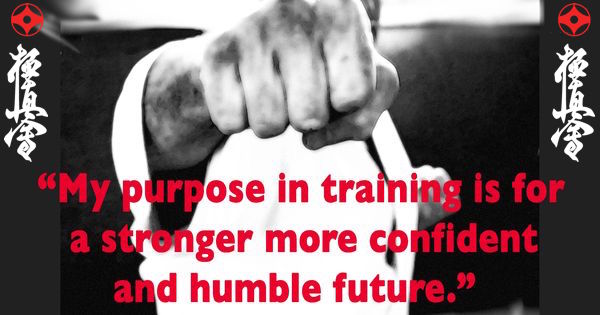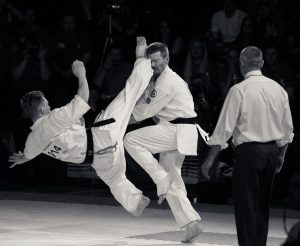Friday’s at Contact Kicks is reserved for kumite, like many Kyokushin dojo’s. The most recent Friday was a great evening. I felt strongly focused, and it affected my stamina, in a positive way. Feeling less gassed I was able to pull of techniques that I don’t normally in sparring. However, I also was caught by a higher rank’s Do Mawashi Kaiten Geri. You can’t win em’ all.
We were reminded of this at the end of class by Sensei Steve Fogarasi. He was speaking to us about the importance of letting go of the ego and allowing yourself the freedom to be beat. Because it will happen. He likened it to tapping in Brazilian Jiu-jitsu. There is a saying in BJJ, if you’re not tapping you’re not learning.

BJJ class at Contact Kicks Dojo
Tapping out as a beginner in jiu-jitsu is what makes a BJJ practitioner humble. Anyone who makes it to blue belt, let alone black belt, in Brazilian Jiu-Jitsu has tapped out thousands of times. They have felt what it’s like to try their hardest and fail over and over again. This mentality can be missing in striking sports and arts, like Kyokushin Karate.
For many, they see Kyokushin as being tough and practitioners are known for their never give up mentality, so they find it difficult to balance this with the fact they will be beaten in sparring and matches. Their ego gets in the way, and sometimes this can lead to injuries, or the person stalling in their development.
You may say it’s easy for a high-level belt to demonstrate humility but it doesn’t get easier or more enjoyable. It just becomes something you get more used to – you become comfortable with the discomfort of wishing you were better, worrying about what other people think and whether your efforts are going to pay off, and sometimes feeling angry and uncooperative.
Kyokushin sparring at Contact Kicks Dojo
As Sensei alludes to, if you get your ass kicked, so what? Hinging your happiness on who you got the better of in sparring, got bested by or didn’t get beat by is the best way to slow your training and drive yourself crazy. Taking this kind of concern into sparring can actually affect the outcome. While you’re worrying about doing badly, your anxiety transforms itself into a self-fulfilling prophecy and you actually do badly. Your mind should be in a relaxed state during sparring.
Seek out the beatings. Embrace the losses and learn from them. Don’t do favours for your ego because your ego will never do anything for you.
Here is a list of handy ways to demonstrate that you are NOT being humble during your training:
1. You feel and/or act superior to someone if you think you can get away with it.
2. You refuse to say when you have been bested.
3. You try to finish your Sensei’s sentences.
4. You train angry, especially after someone catches you with a technique.
5. You argue or talk back with your Sensei for any reason.
6. You keep a running tally of exactly how many times you’ve beaten someone and how many times you’ve been beaten.
7. You hit too hard during the drilling part of the class, when instructed to go light.
8. You stop drilling the technique before the Sensei tells you to because “you’ve got it.”
9. You successfully execute a move and look around to see who noticed.
10. Losing your patience with fellow students, or ever yourself.
Being humble in the dojo will go a long way into making you a better person outside of the dojo as well.


